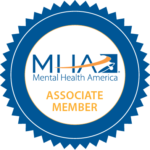We are proud to introduce our Organizational Members!
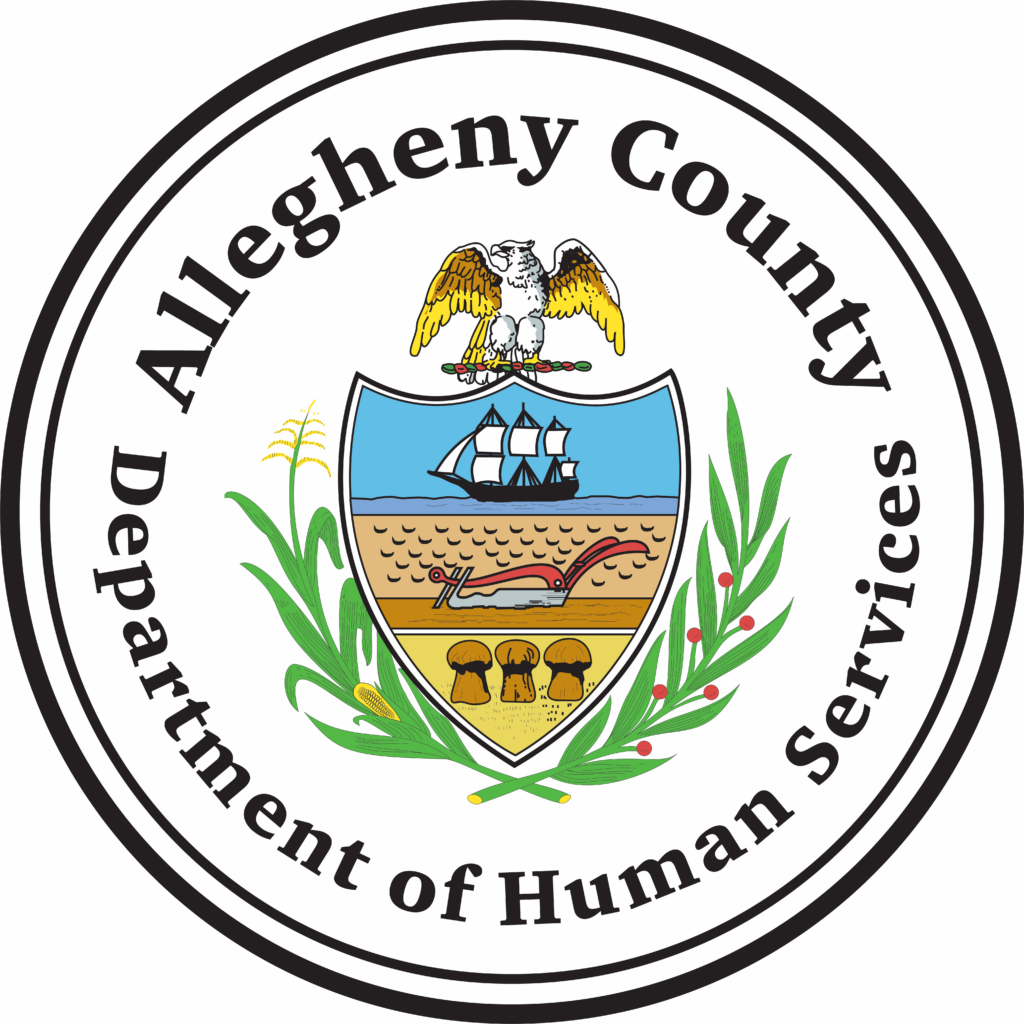
Allegheny County Department of Human Services, Office of Behavioral Health (OBH) is the County’s public office responsible for providing Allegheny County residents with a coordinated community-focused system of high quality and cost-effective mental health and substance abuse services. OBH directly contracts for and monitors approximately 96 community-based agencies which provide an array of services designed to meet the mental health and substance abuse services needs of County residents. In addition, OBH contracts with Community Care Behavioral Health and Allegheny HealthChoices, Inc. for operation and oversight of the behavioral health managed Medicaid services. Services are designed to effectively respond to any immediate and longer-term behavioral health needs of children and youth, adults, and families who are living with the challenges of a mental illness and/or substance use disorders. Under certain conditions, OBH may also support, on a restricted and limited basis, behavioral health medication.
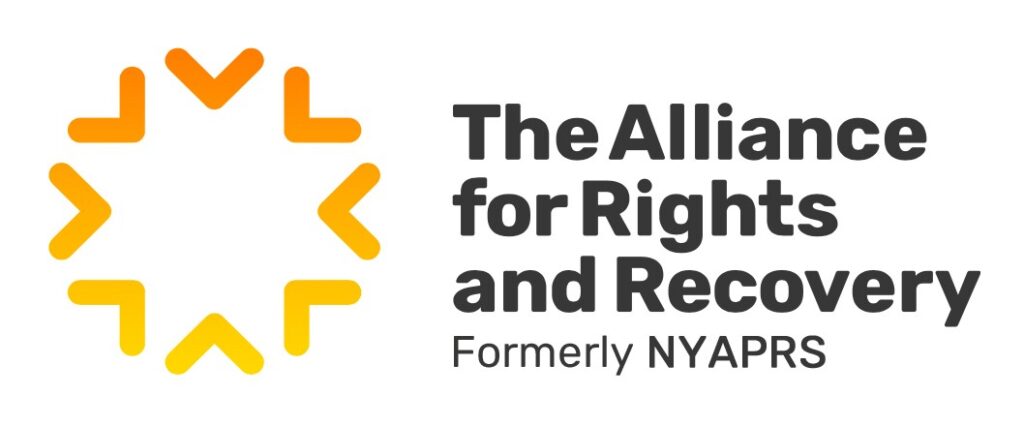
A powerful force for policy reforms and transformational practice, we are the Alliance for Rights and Recovery, formerly the New York Association of Psychiatric Rehabilitation Services (NYAPRS). We serve as a nationally acclaimed change agent dedicated to improving services, public policies, and social conditions for people living with mental health, substance use and trauma-related challenges.

Community Care Behavioral Health Organization (Community Care) is a nonprofit behavioral health managed care organization that is part of the UPMC Insurance Services Division. Based in Pittsburgh, Community Care was created in 1996 to support Pennsylvania’s HealthChoices program for Medicaid recipients. Our mission is to improve the health and well-being of the community through the delivery of effective and accessible behavioral health services, with a focus on recovery.

Crestwood Behavioral Health, Inc. is proud to be the leading provider of mental health services in California. We provide a complete range of behavioral healthcare services, from traditional psychiatric services to innovative recovery programs, geared towards community reintegration and developing compassionate communities. Crestwood’s services support our clients to recover with an enhanced sense of resilience by providing a wide range of wellness tools, peer providers, staff and natural supports. Crestwood is fully accredited by the Commission on Accreditation of Rehabilitation Facilities (CARF).
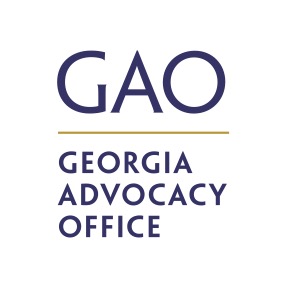
The question “What will keep children and adults with disabilities safest?” is the heartbeat of the Georgia Advocacy Office (“GAO”). Founded in 1977, the GAO is the independent Protection and Advocacy System (P&A) for people with disabilities or mental health histories in Georgia. The GAO is mandated by federal law to protect and advocate for individuals who are socially devalued and isolated. Many individuals live in state hospitals, nursing facilities, residential treatment centers, and other institutions. For forty-six years, the GAO has investigated incidents of abuse and neglect, and pursued administrative, legal, and other appropriate remedies to ensure protection from harm and enforcement of rights.
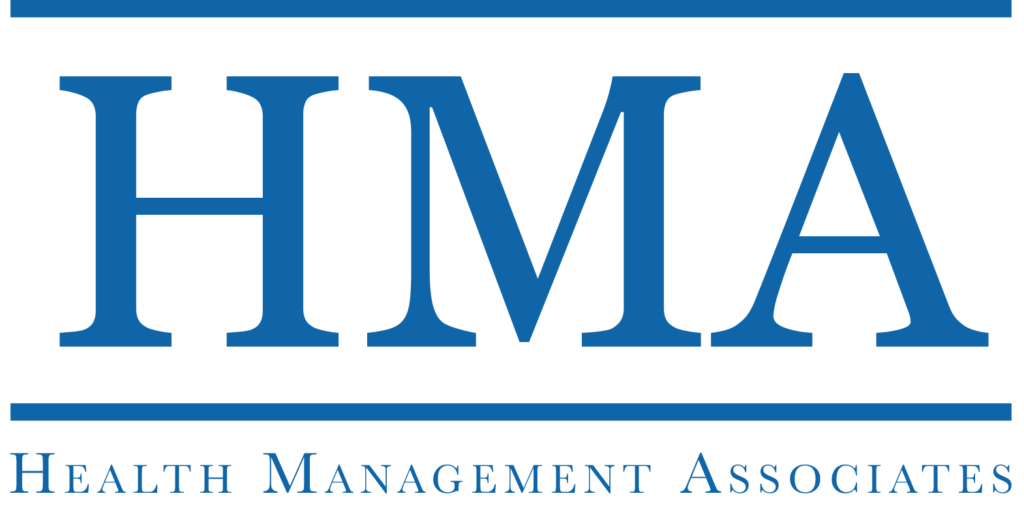
Founded in 1985, HMA is an independent, national research and consulting firm specializing in publicly funded healthcare and human services policy, programs, financing, and evaluation. With 22 offices and over 225 multidisciplinary consultants coast to coast, HMA’s clients include government, public and private providers, health systems, health plans, behavioral health providers, community-based organizations, institutional investors, foundations, and associations. We are committed to tackling a wide variety of public healthcare issues through technical assistance, resources, decision support and expertise, and we work across disciplines and geographical areas to put our extensive knowledge to work for every client.
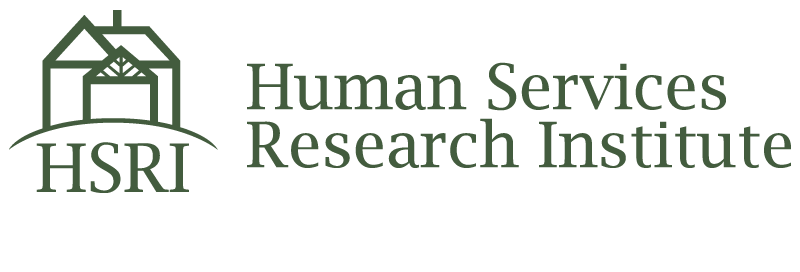
Human Services Research Institute (HSRI) is a nonprofit research organization established in 1976. We conduct our work across all fields of health and human services, including behavioral health; child and family welfare; housing and homelessness; population health; intellectual and developmental disabilities; and aging and physical disabilities. We work with government agencies, foundations, and other partners to identify sustainable ways to improve recovery services and advance the quality of life for people and communities. Our projects include single- and multi-site program evaluations, needs assessment, systems planning, gap analysis, and evidence-based policy planning. The methods we employ range from advanced quantitative data analysis to qualitative and mixed methods approaches. We embrace and promote culturally responsive and person-centered service provision, community integration, and recovery-oriented systems, and we’re strong proponents of disability justice principles.

Global Leadership Exchange (GLE) is an international organization supporting leaders to grow, learn and develop, offering a space where trust lies at the foundation of all that we do. Our members come from all over the world, show immense goodwill and are committed to leading change and to learning about new or different ways of working. Some have many years of experience, and some are just starting out, and we believe we can all learn from each other. To learn more or join, go to gle.world.

Sponsoring Member: Johnson County Mental Health Center began operation in 1962 providing outpatient services in one location. Today, mental health services are provided in five separate facilities located throughout the county. The Mental Health Center is a department of County Government and is licensed by the State of Kansas as a Community Mental Health Center and has earned accreditation from Commission on Accreditation of Rehabilitation Facilities (CARF) International. The center employs more than 360 staff who provide a wide range of mental health and substance abuse services to more than 10,000 county residents annually. Operations are overseen by the Board of County Commissioners and its day-to-day operations are managed by an Executive Leadership Team that reports to the Assistant County Manager as well as a 13-member Advisory Board appointed by the Board of County Commissioners.

LifeWorks is a fearless leader for youth and young families in central Texas. With more than 20 programs in three main divisions, its services are designed to provide critical resources and opportunities to meet the needs of the clients it serves. As a leader in Austin’s movement to end youth homelessness, LifeWorks has housed more than 900 youth in three years – continuing its pursuit of ensuring that youth homelessness in Austin is rare, brief and non-recurring.

The Mental Health, Addiction & Recovery Board of Lorain County (MHARS), was established to serve the behavioral health needs of Lorain County residents. The MHARS Board is an integrated behavioral health service planning and monitoring organization responsible for planning, funding, monitoring, and evaluating Lorain County’s community-based mental health and addiction recovery services. Those services are currently delivered through a network of non-profit, and other community-based agencies. For more information, visit mharslc.org.
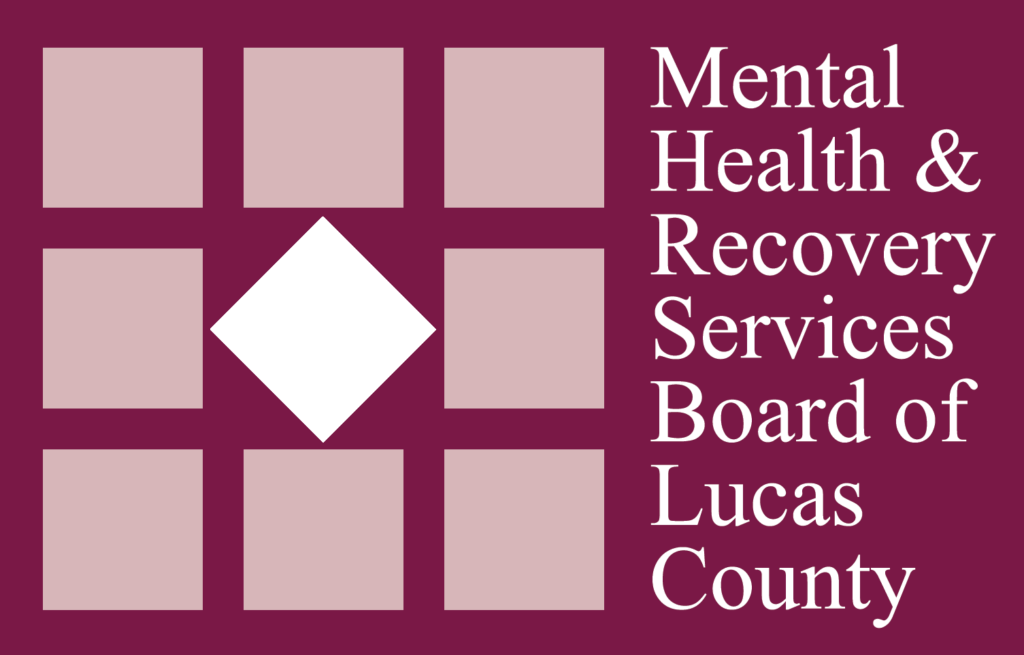
The Mental Health and Recovery Services Board (MHRSB), serving the community for over 50 years, was established to serve the behavioral health needs of Lucas County residents. The MHRSB is an integrated behavioral health service planning and monitoring organization responsible for planning, funding, monitoring, and evaluating Lucas County’s community-based mental health and addiction recovery services. Those services are currently delivered through a network of non-profit, and other community-based agencies. For more information on MHRSB of Lucas County, visit www.LCMHRSB.oh.gov.
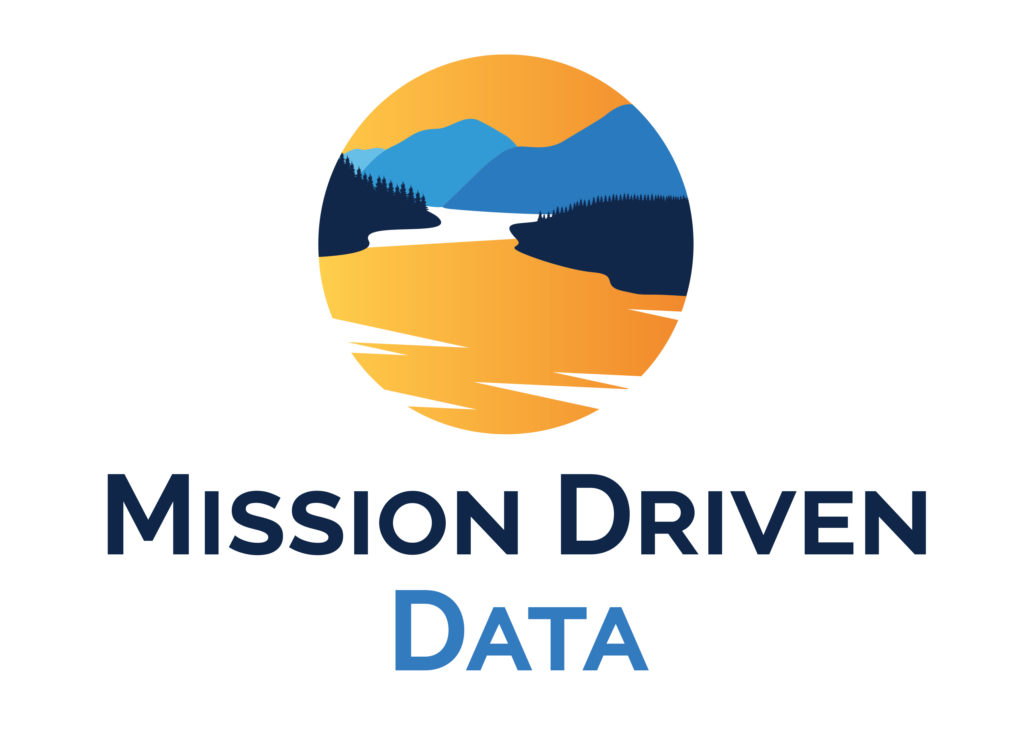
Mission Driven Data was founded with a vision to be a catalyst for change in the mental health system. Community-based agencies need meaningful, actionable data to realize their mission, and to support the people they serve. We offer effective data tools that empower leaders to solve problems, improve efficiency, and increase financial sustainability and staff morale. With expert consulting, and a virtual community for mental health professionals, we work with agencies to expand access, address health disparities, and improve outcomes.
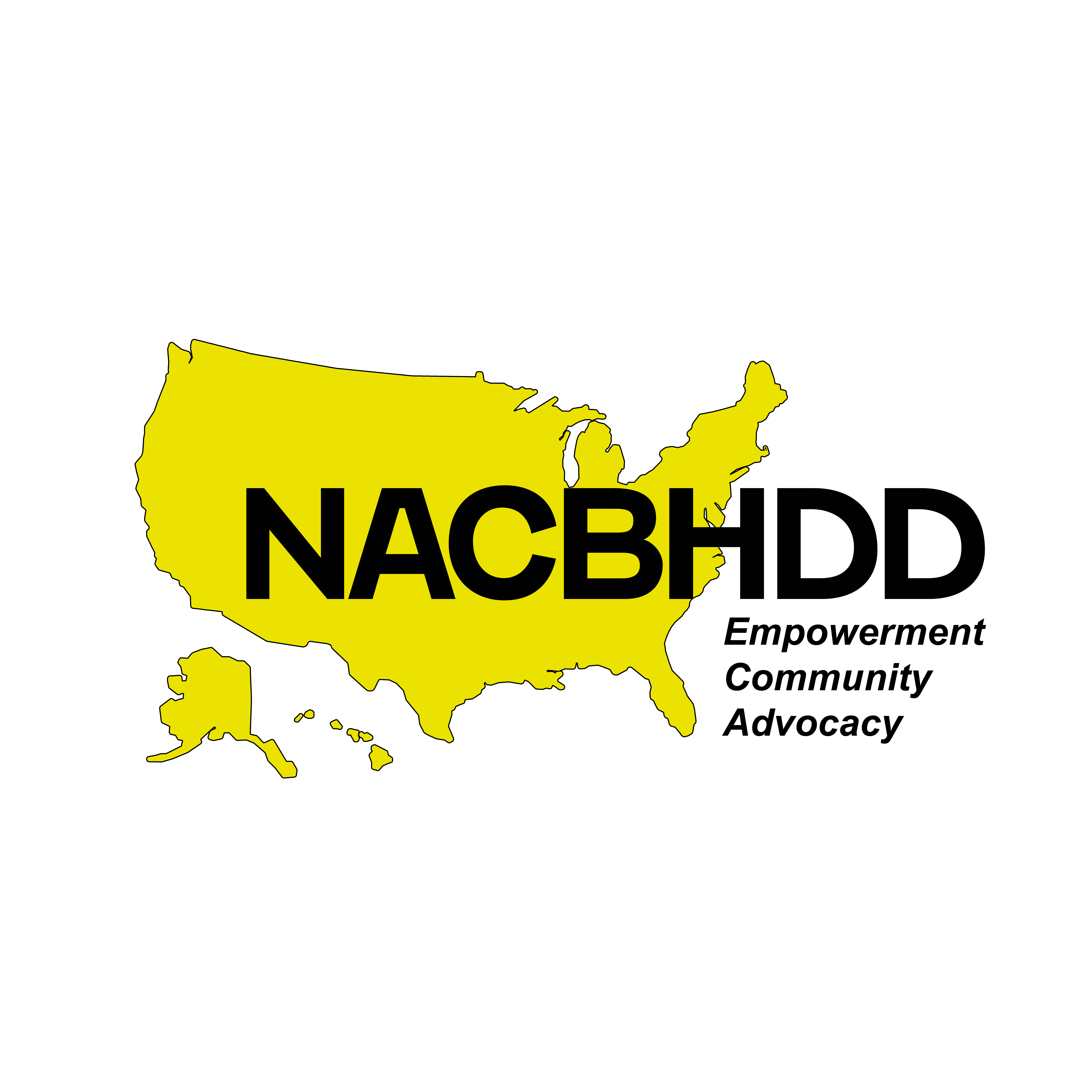
The National Association of County Behavioral Health and Developmental Disability Directors (NACBHDD) is the premier national voice for county behavioral health and intellectual/developmental disability authorities in Washington, DC. Through our work in policy, advocacy, and education, NACBHDD elevates the voices of local leaders on the federal level in Congress and the Executive Branch. NACBHDD is incorporated as a non-profit 501(c)(3).

The National Association of State Mental Health Program Directors (NASMHPD) represents state executives responsible for the public mental health service delivery system in all 50 states, 6 territories and pacific jurisdictions, and the District of Columbia. NASMHPD works with states, federal partners, and stakeholders to promote wellness, recovery, and resiliency for individuals with mental health conditions or co-occurring mental health and substance related disorders. Through its Beyond Beds Initiative, NASMHPD has been focusing on the development of a robust continuum of care with an emphasis on 988 and crisis services to divert individuals with mental illness from jails and unnecessary emergency room visits. The establishment of crisis services can help individuals receive the appropriate level of care they need, taking the pressure off higher end services.

NEOMED’s Department of Psychiatry trains undergraduate medical students, partners with Summa Health System and Akron General Health System to offer a general psychiatry residency program and has an affiliation with a child and adolescent psychiatry fellowship based at Akron Children’s Hospital.
The department is home to three coordinating centers of excellence that serve the state of Ohio:
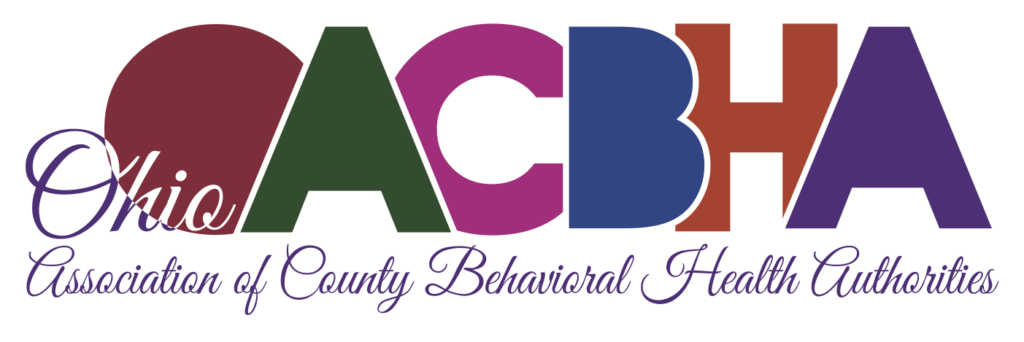
The Ohio Association of County Behavioral Health Authorities (OACBHA) is the statewide organization that represents the interests of Ohio’s county Alcohol, Drug Addiction, and Mental Health Boards at the state level. The Association works with a variety of governmental bodies including the Ohio General Assembly, the Office of the Governor, other statewide office holders, cabinet agencies, partner associations, and along with individuals in recovery and their families. OACBHA works to provide education, develop policies, and seek support for initiatives that will expand and enhance mental health and substance abuse prevention, treatment, and recovery support services throughout Ohio. Most importantly, OACBHA gives the Boards a forum to address statewide issues and provides Boards with the means to communicate their positions and concerns with a single voice.
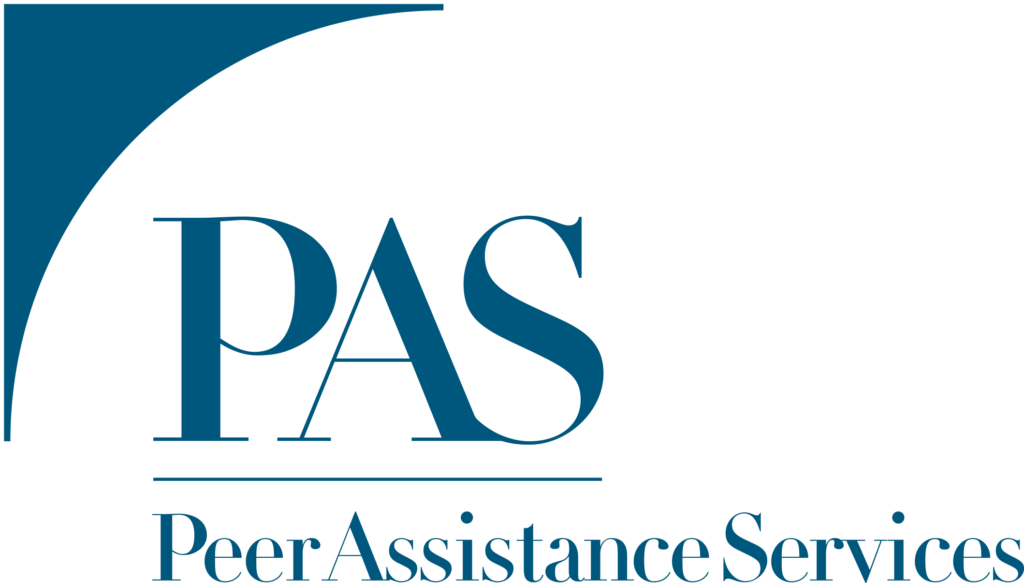
Peer Assistance Services, Inc. leads with prevention and intervention for substance use and mental health concerns. Programs include 1; SBIRT, an evidence-based prevention and early intervention practice that identifies, prevents, and reduces unhealthy alcohol and other substance use in adults and adolescents. 2; The Peer Health Assistance Program, providing evaluation, referral, and case management for individuals with substance use, mental health, physical health, and related concerns to licensed health and mental health providers throughout Colorado.

People USA’s mission is to educate, support, and empower people and communities to understand, manage, and overcome mental health, addiction, and social determinant of health challenges. Their programs in New York State are proven to significantly reduce hospital utilization, incarceration rates, and overall healthcare spending. Because of its success, People USA’s program models have been studied and replicated across the United States and Europe. Government agencies and community organizations can receive consultation services directly from CEO Steve Miccio, the visionary behind the organization’s innovative approach. To learn more, for consultation, or to support this work, visit www.people-usa.org.

The Substance Abuse and Mental Health Services Administration (SAMHSA) Center for Mental Health Services (CMHS) leads federal efforts to promote the prevention and treatment of mental disorders. Congress created CMHS to bring new hope to adults who have serious mental illness and children with emotional disorders.

Stepped Care Solutions (SCS) is a mission-driven not-for-profit company and the creators of SC2.0 – a transformative model that fundamentally reimagines mental health systems. SCS is dedicated to collaborating with organizations and communities to guide the design and implementation of accessible, flexible, culturally relevant, and high-quality mental health and wellness resources and services. The SCS team is globally recognized for their leadership in transforming mental health systems, their clinical expertise, and their proficiency in implementation science. Stepped Care Solutions embraces a holistic and synergistic approach to mental health care, acknowledging the abundance of healing resources that lead to access, equity, and flexibility in mental health systems.
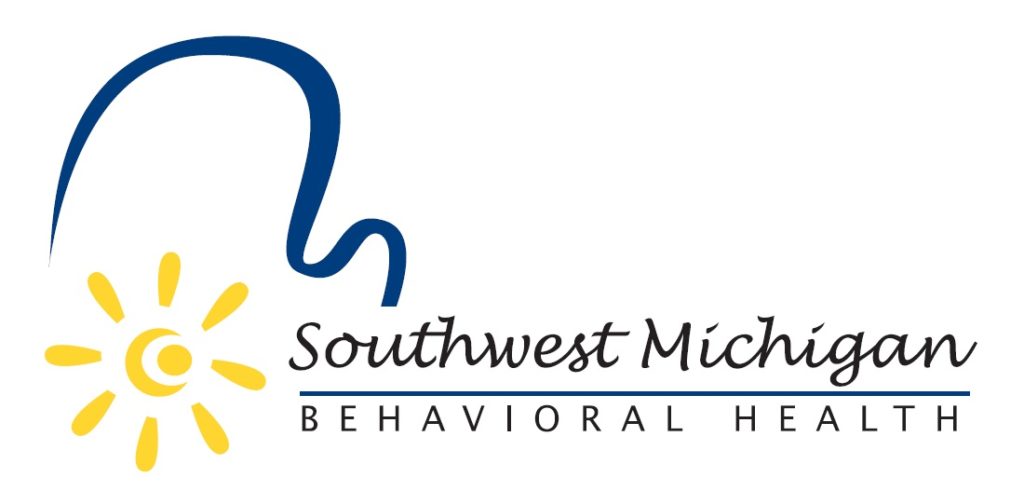
Sponsoring Member: Formed in 2013 Southwest Michigan Behavioral Health (SWMBH) is a Regional Entity, state-designated Community Mental Health Entity, and the Prepaid Inpatient Health Plan (PIHP) for eight Michigan counties in southwest lower Michigan in partnership with the Community Mental Health (CMH) Agencies of these counties. SWMBH, in partnership with the CMH’s and other local providers, manages Medicaid benefits for adults with severe and persistent mental illness, children with severe emotional disturbance, individuals with intellectual/developmental disabilities, autism spectrum disorders, and prevention and treatment of substance use disorders under contract with the Michigan Department of Health and Human Services. The SWMBH vision is a quality life in the community for everyone.

Sutter Health strives to be an industry innovator by integrating physical and mental health services to care for each person’s total health and wellbeing. Sutter care centers have experienced therapists, psychologists and psychiatrists who can assess and treat a wide range of behavioral health issues, including the most complex disorders. We provide comprehensive and compassionate care.

Thrive Peer Recovery Services provides mental health and substance use services to self-identifying individuals in Ohio. Through their various programs and initiatives, they support people on their journey and enable them to achieve independence and long-term recovery. Services are designed to meet individuals where they are in their recovery journey.
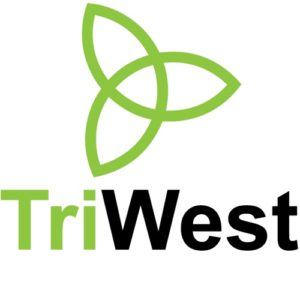
We’re a health and human services consulting company with deep reservoirs of talent, decades of expertise, and an upbeat, collaborative approach. We’ve been helping clients with system improvement, evaluation, planning, and financing for over twenty years. Our team comes from direct service, government, education, justice systems, child welfare, and other settings. And we specialize in healthcare, justice, and social services. If you are designing, implementing, or evaluating systems—or if you’re looking for support with financing or evidence-based practices—we can help.



